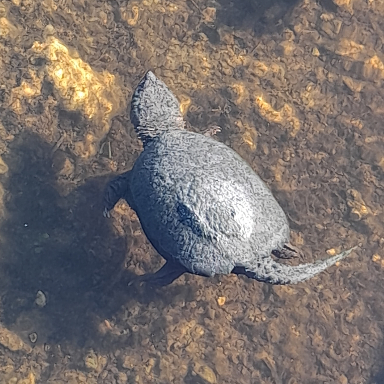

Oh, then I might not be using enough because I don’t look like a ghost after applying it lol
only recently bought some mineral sunscreen for the first time, because I got into biking places
A person interested in nature, science, sustainability, music, and videogames. I’m also on Mastodon: @glennmagusharvey@scicomm.xyz and @glennmagusharvey@sakurajima.moe
My avatar is a snapping turtle swimming in the water.


Oh, then I might not be using enough because I don’t look like a ghost after applying it lol
only recently bought some mineral sunscreen for the first time, because I got into biking places


thinks back to college chem lab classes and MSDSes why would anyone put benzene in sunscreen
Anyway, for reference here’s the paragraph from the article about the harmful substance:
When people say chemical sunscreens are unsafe or “toxic,” they generally point to a 2001 study that found some risks associated with oxybenzone after scientists put high levels of the ingredient in drinking water for rats. But a followup study in 2016 found that for humans to get to similar risky exposure levels they’d have to apply full-body daily sunscreen for 227 years.
Meanwhile, I’ve noticed that mineral sunscreens (zinc oxide and titanium dioxide) are reportedly considered “reef safe”: https://savethereef.org/about-reef-save-sunscreen.html
And they aren’t the substances that are cited for toxicity/carcinogenicity. So, based on the available information (correct me if I’m wrong, of course!), it seems that they’re the best choice.
Also I’ve heard that mineral sunscreens work by reflecting sunlight rather than absorbing it and dissipating it as a different form of energy (I forget whether that’s heat or chemical change) so that might also be useful in other ways. But I am not an expert.


Ah, I see. So, basically a “less bad” alternative for people who have nicotine dependency?
Well, that’s interesting; there’s several things that conflict with my prior information. Time to look into it further; thanks for sharing.